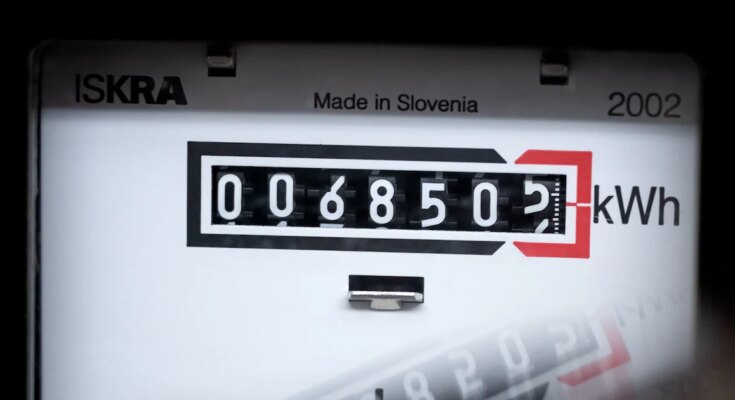From January onwards, many households will pay less for basic electricity and gas needs. The main reason is lower procurement costs. But some people also want improvements.
Many consumers on basic supply tariffs will have to pay less for electricity and gas from January. This is the result of an evaluation of price changes that were announced at the turn of the year by the comparison portal Verivox. It was made available to German press agency dpa earlier.
How do electricity prices change?
According to Verivox, regional staple suppliers have announced 113 price cuts averaging 9 percent at the turn of the year. With an annual consumption of 4,000 kilowatt-hours, this means a reduction of around 161 euros per year. “Around 2.2 million German households that still have local electricity supply will benefit from this price reduction.” However, it wasn’t just a decrease, at the turn of the year this portal also recorded four increases in electricity prices with an average of 1 percent.
Cologne’s Rheinenergie municipal utility is one of the companies making cuts. He justified the price drop with falling procurement costs and federal subsidies for network costs. Rheinenergie boss Andreas Feicht recently explained that these subsidies will be distributed in full to customers without delay. In January, a kilowatt hour in Cologne will cost 31.48 cents, about 12 percent cheaper than before.
In Mannheim, energy supplier MVV also reduced electricity prices for basic services by almost 11 percent to 34.82 cents per kilowatt hour.
“Government subsidies for grid costs ensure lower electricity prices for many households,” explains Verivox energy expert Thorsten Storck. However, the relief does not reach everyone because electricity grid charges do not apply everywhere and suppliers do not have to pass them on directly to their customers.
How have fuel prices changed?
Verivox has so far recorded 69 gas price reductions among basic suppliers, averaging 7 percent. According to the portal’s projections, around 700,000 households will benefit from this program. “Heating costs for a single-family house with an annual consumption of 20,000 kilowatt-hours fall by about 183 euros per year.” The 10 suppliers announced an average increase of 6 percent.
Today’s stable wholesale gas prices offer gas suppliers, who currently have very high prices, room for price reductions, Storck explained. “While using the gas network will be more expensive next year, the removal of the gas storage levy will offset these additional costs mathematically.”
Rheinenergie also reduced gas prices at the turn of the year, by around eight percent to 12.34 cents per kilowatt hour. The main reason suppliers cited was lower procurement costs. Munich city utilities also cost eight percent less. But in Mannheim, natural gas prices for end customers remained unchanged at the turn of the year.
What is meant by basic care?
Households always receive electricity and gas as basic supplies if they have not made special contracts with suppliers. The basic supplier is always the energy supplier that supplies the majority of households with electricity or gas in a network area. According to Verivox, there are approximately 800 basic electricity suppliers and 700 basic gas suppliers across the country.
Price changes to these rates must be announced at least six weeks in advance. According to the Federal Grid Agency, about a quarter of households still receive electricity at the basic supply rate. For fuel, the amount is about one fifth. According to the consumer advice centre, basic supply contracts can be terminated at any time with two weeks’ notice. It’s worth noting that local staple suppliers also offer other, often cheaper rates.



